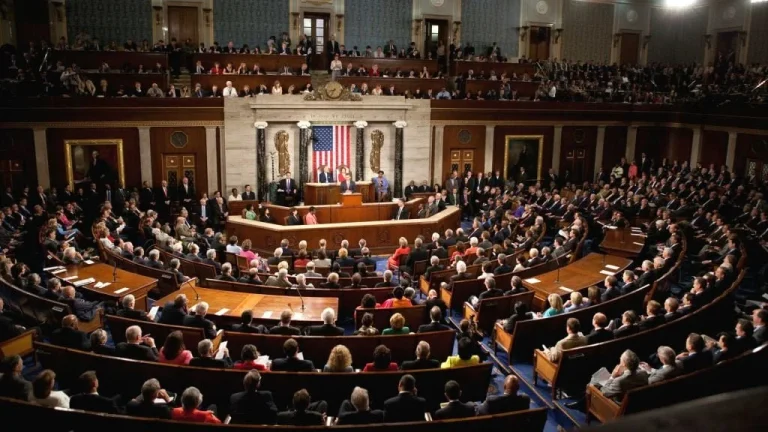In a fiery segment on his podcast Politics War Room, longtime Democratic strategist James Carville pushed back on claims that Jewish donors are abandoning the Democratic Party over concerns about rising antisemitism. Instead, Carville argued that wealthy donors are using campus antisemitism as a pretext to justify their growing support for former President Donald Trump—a move he claims is driven by financial interests rather than genuine concern.
Speaking with his co-host, veteran journalist Al Hunt, Carville dismissed the idea that recent antisemitic incidents on college campuses are the true reason behind the political shift. The topic came up after Hunt criticized Trump, pointing out that while he has been gaining support from Jewish donors, he’s also been accused of contributing to a climate of antisemitism. Hunt referenced a recent New York Times article alleging that Trump has fueled antisemitic sentiments, calling the former president’s supposed commitment to fighting antisemitism “a joke.”
Carville took the criticism further, labeling Trump a “complete fraud,” but added that the actions of wealthy donors revealed even more than the article itself. “I tell you who this exposes in a more profound way,” Carville said. “And I hear this all the time… a lot of really wealthy Jewish fundraisers – and they say, ‘Look James, I’m a Democrat, but I can’t be a part of the party because of what happened at Columbia.’”
The reference to Columbia University stems from recent pro-Palestinian protests and demonstrations on college campuses, some of which have included antisemitic rhetoric or imagery. These events have sparked widespread debate and discomfort among Jewish students and donors alike, prompting some to reconsider their support for the Democratic Party.
However, Carville challenged the sincerity of this rationale. He implied that many of these donors are less motivated by antisemitism than they are by financial gain, using campus unrest as political cover. His blunt remarks are likely to deepen divisions within the Democratic Party, particularly around its handling of Israel-related issues and the ongoing Israel-Gaza conflict.
Carville, best known for helping elect President Bill Clinton in 1992, remains a vocal critic of the modern Republican Party. But his comments suggest growing frustration with parts of the Democratic donor class, especially those whose loyalties appear to be shifting toward Trump despite his controversial track record on Jewish issues.
Whether Carville’s accusations resonate—or backfire—remains to be seen as the 2024 campaign landscape continues to evolve.

James Jenkins is a celebrated Pulitzer Prize-winning author whose work has reshaped the way readers think about social justice and human rights in America. Raised in Atlanta, Georgia, James grew up in a community that instilled in him both resilience and a strong sense of responsibility toward others. After studying political science and creative writing at Howard University, he worked as a journalist covering civil rights issues before dedicating himself fully to fiction. His novels are known for their sharp, empathetic portraits of marginalized communities and for weaving personal stories with broader political realities. Jenkins’s breakout novel, Shadows of Freedom, won national acclaim for its unflinching look at systemic inequality, while his more recent works explore themes of identity, resilience, and the fight for dignity in the face of oppression. Beyond his novels, James is an active public speaker, lecturing at universities and participating in nonprofit initiatives that support literacy and community empowerment. He believes that storytelling is a way to preserve history and inspire change. When not writing, James enjoys jazz music, mentoring young writers, and traveling with his family to explore cultures and stories around the world.







